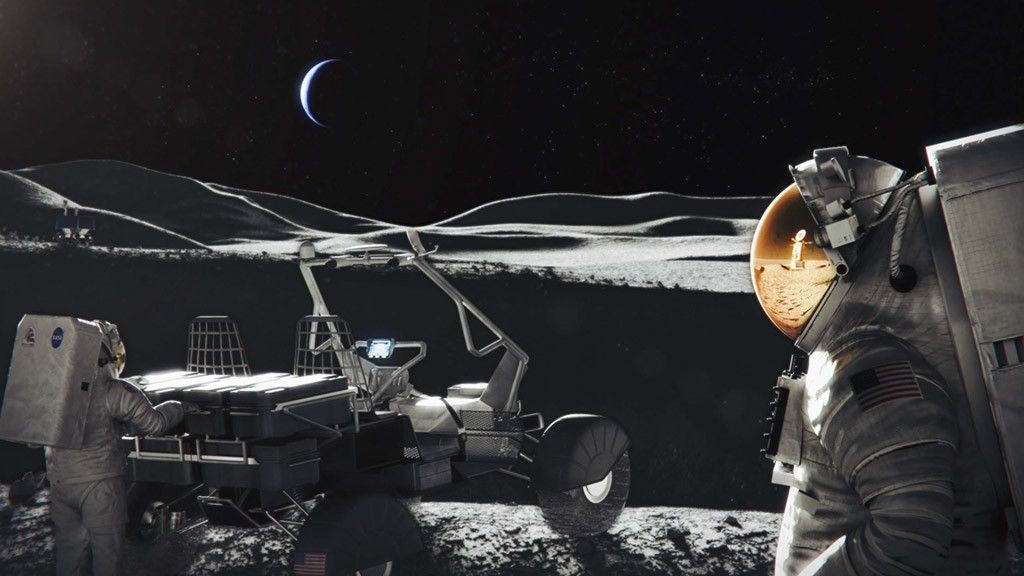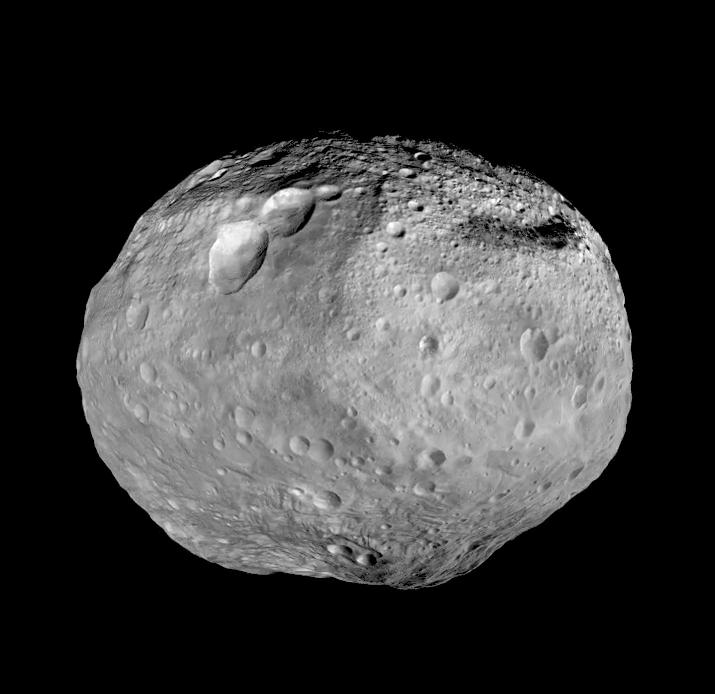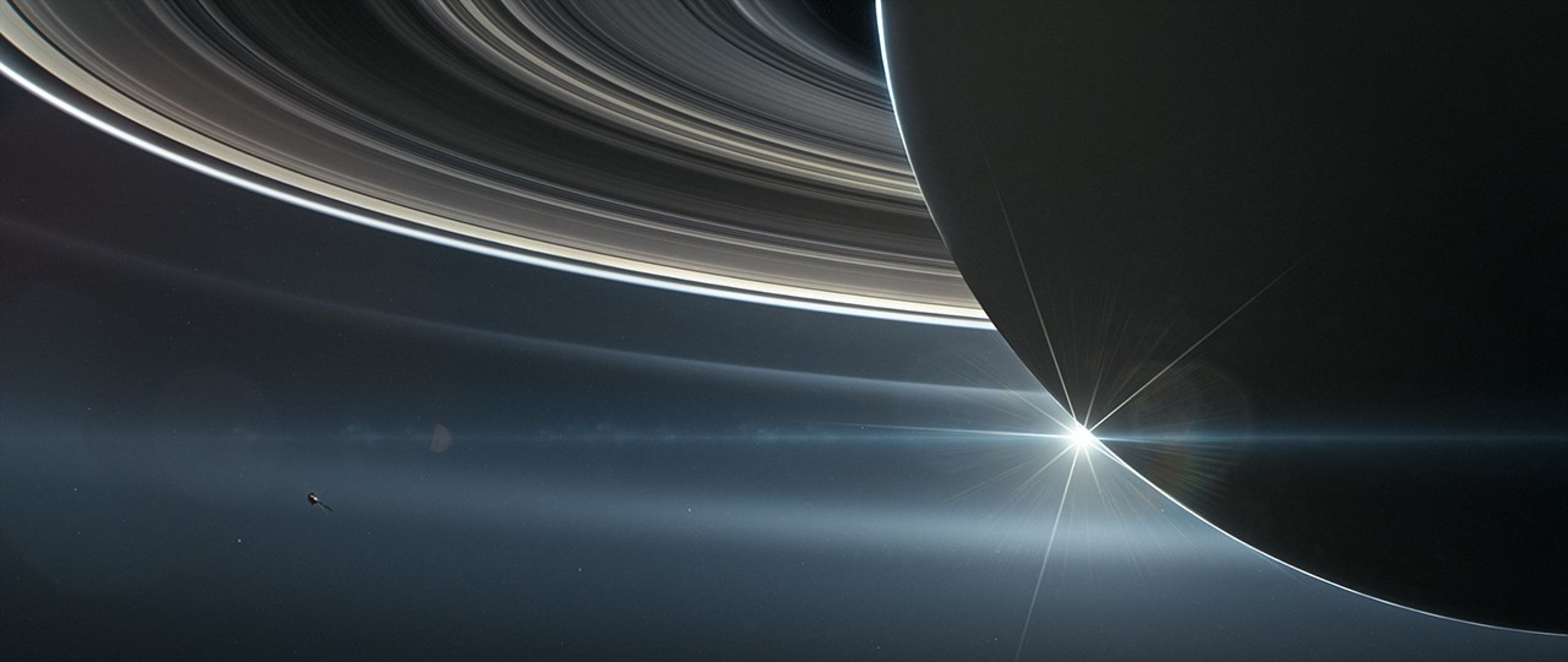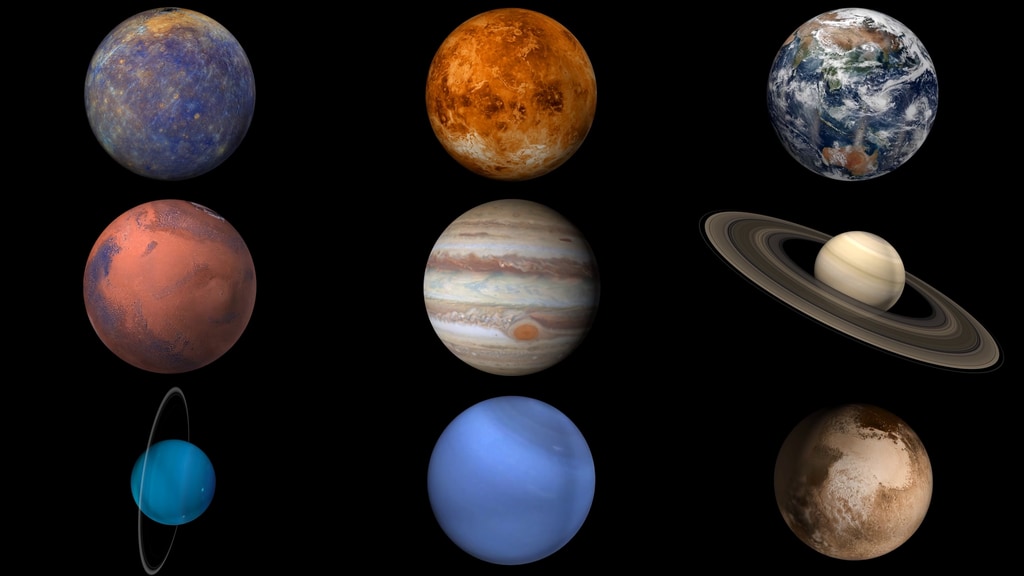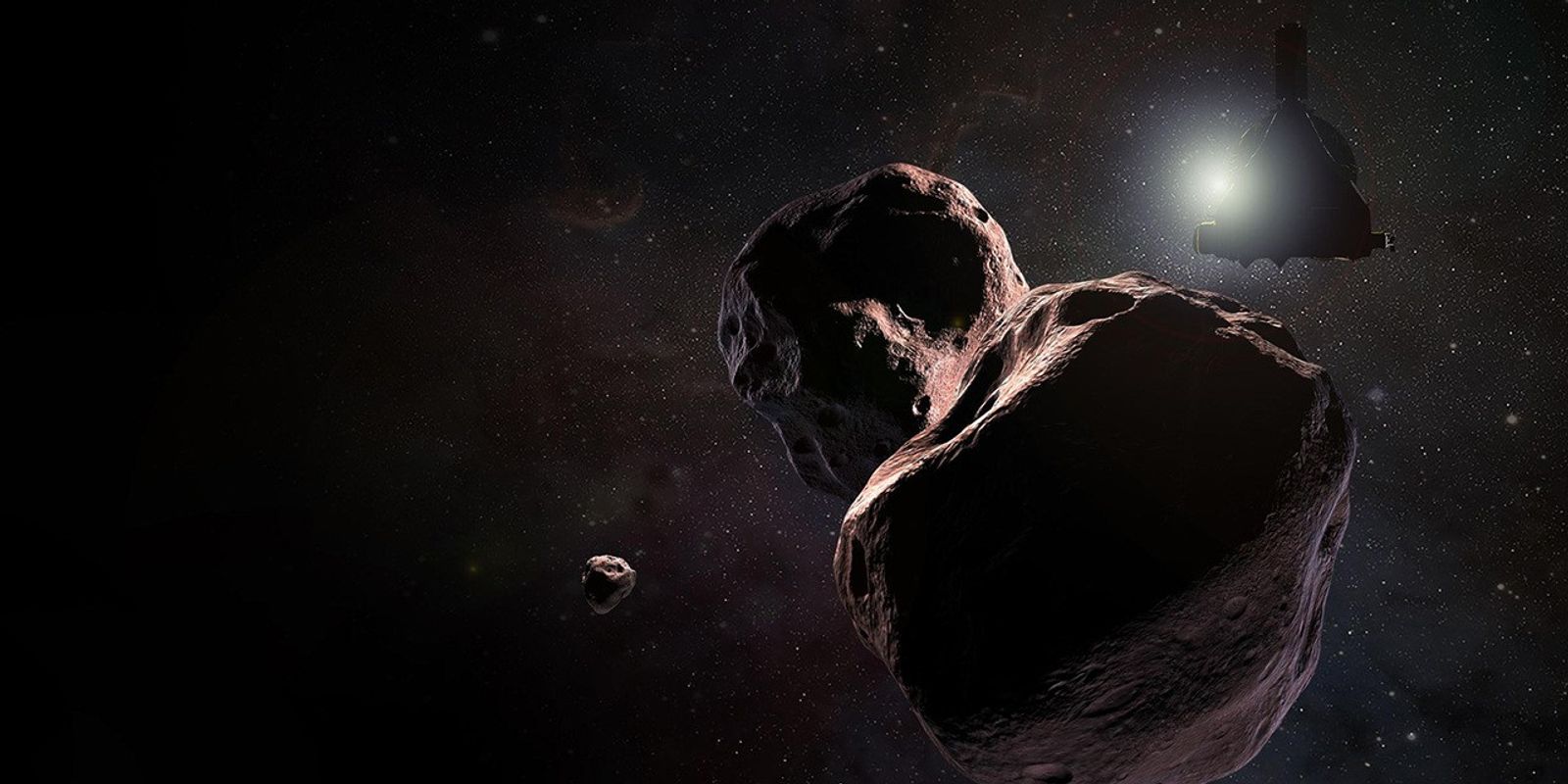Saturn Tour Flybys

Cassini is back in contact with Earth following its distant flyby of Titan, and data are streaming in.

Cassini has had its last close brush with Saturn's hazy moon Titan and is now beginning its final set of 22 orbits around the ringed planet.

Cassini’s T-126 is the 12tth and final close flyby of Titan marks the end of Cassini’s Ring-Grazing Orbits and sets the stage for the mission’s Grand Finale.

Flyby T-125 has two primary goals: Mapmaking of Titan’s surface, and changing Cassini’s orbit to begin what is perhaps the boldest and most thrilling segment of Cassini’s nearly 20-year mission.

On this close flyby of Saturn’s largest moon Titan, Cassini will use its radio science instrument to scan the great seas of methane near the moon’s North Pole.

With only a few remaining close flybys of Saturn’s largest moon Titan, Cassini will use its Sept. 27 flyby to study the enormous moon’s murky atmosphere with two spectrometers.

This is Cassini's last gravity science flyby of the mission using the High Gain Antenna Radio science data collected during the flyby will provide critical observations that will be compared to what was gathered earlier in the mission.

Cassini's "T-121" Titan flyby is somewhat unique, as it focuses on the giant moon's mid latitudes, between 30 degrees north and south of the equator.

On June 7, Cassini will perform a targeted encounter of Titan, designated T-120. This is the sixth of 11 planned for 2016. The next encounter is planned for July 25.

The T-119 flyby is a unique ''double midnight'' flyby, in that it occurs when Titan is on the night side of Saturn and the closest approach by Cassini is on the nightside of Titan as well.

















